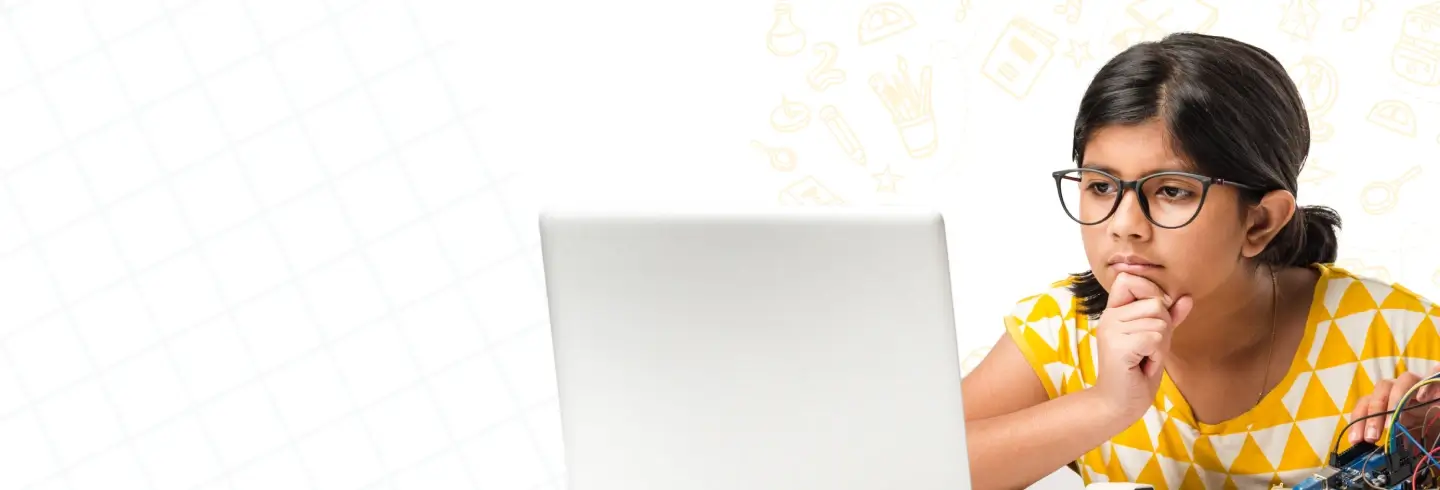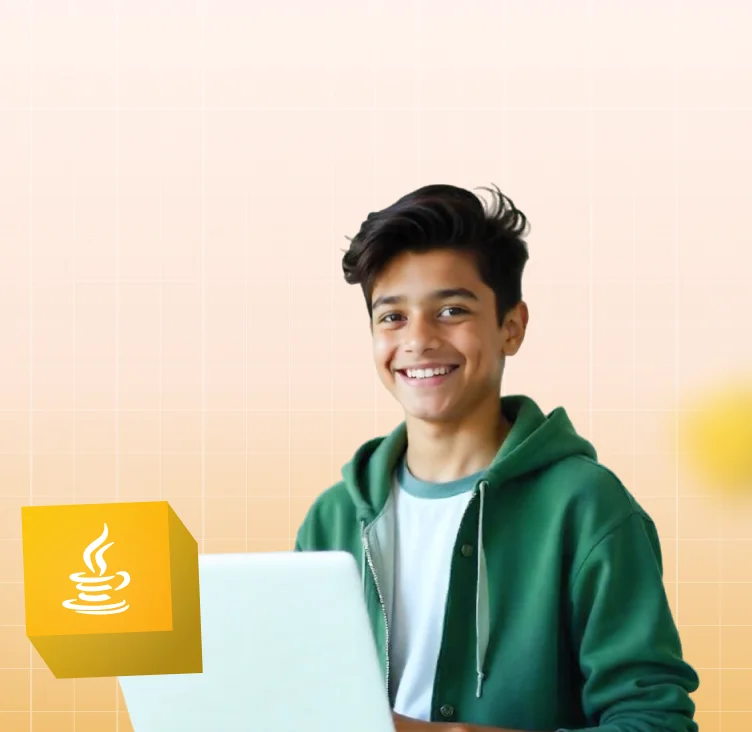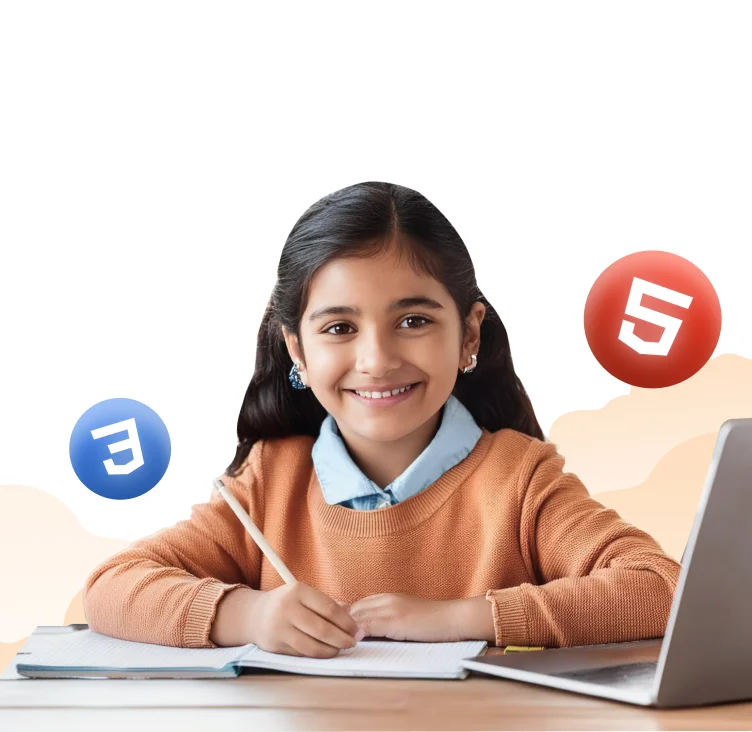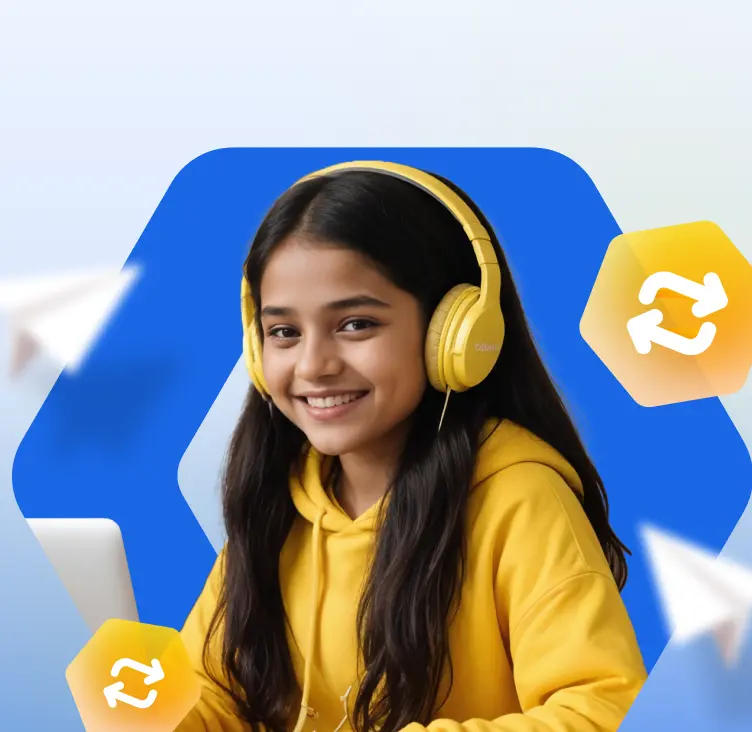Have you ever wondered how your favorite apps, games, and websites are born? How do people create them? How do I communicate with these applications? The answer to all your questions lies with the word, coding!
What is computer coding? Coding in computer science is more than just creating apps, games, and websites. It is significant in our everyday life for simplifying tasks, performing complex and repetitive tasks, futuristic learning and innovation, and more.
In this guide, we’ll discover answers to all the buzzing questions: What is computer coding? Why is it important? How does it work? Who should learn to code? How can you start learning it yourself? and more.
What is Coding?
Computer coding is more like communicating with the computer. You talk using written codes, and it responds in a way people understand. Just like we communicate with each other using languages like Tamil, English, or French, computers understand and execute commands written in programming languages.
At its core, coding is the process of giving instructions to a computer to perform a specific set of tasks. In simple words, we are providing certain instructions to the computer in a way it can understand, so that the computer functions and delivers the expected result.
The Difference Between Coding and Programming
The terms, “Coding” and “Programming” are often used interchangeably, but they have different meanings. Understanding the difference between the two terms can provide clarity.
Coding refers to the process of writing instructions for a computer to execute. It involves translating human-readable instructions into a language that a computer can understand, which is known as a programming language. Writing HTML and CSS for designing a webpage, creating functions in Python to perform mathematical calculations, or developing game mechanics in JavaScript are all examples of coding.
Programming encompasses a broader set of activities beyond just writing code. It involves the entire process of designing, implementing, testing, and maintaining code to create software applications. Developing a mobile app from scratch, creating a database-driven web application, or designing an operating system all require programming skills beyond just writing code.
The Importance of Coding
Coding is the heartbeat of the systems we use daily, without which computers, apps, gadgets, and the Internet would not work, emphasizing how essential coding is to our daily existence.
Why Coding is Essential in Today’s Digital World?
From smartphones and social media platforms to auto-pilot mechanisms, self-driving cars, and artificial intelligence, coding controls the technology that surrounds us. Learning to code opens doors to countless opportunities in the future and enables individuals to create innovative solutions to real-world problems.
How Coding Powers Our Daily Lives?
Coding is all around us, from the websites we shop to the games our kids play. It enables developers to create software that entertains, educates, and facilitates communication, learning, and collaboration. Without coding, the digital world would not be as strong as we know it today.
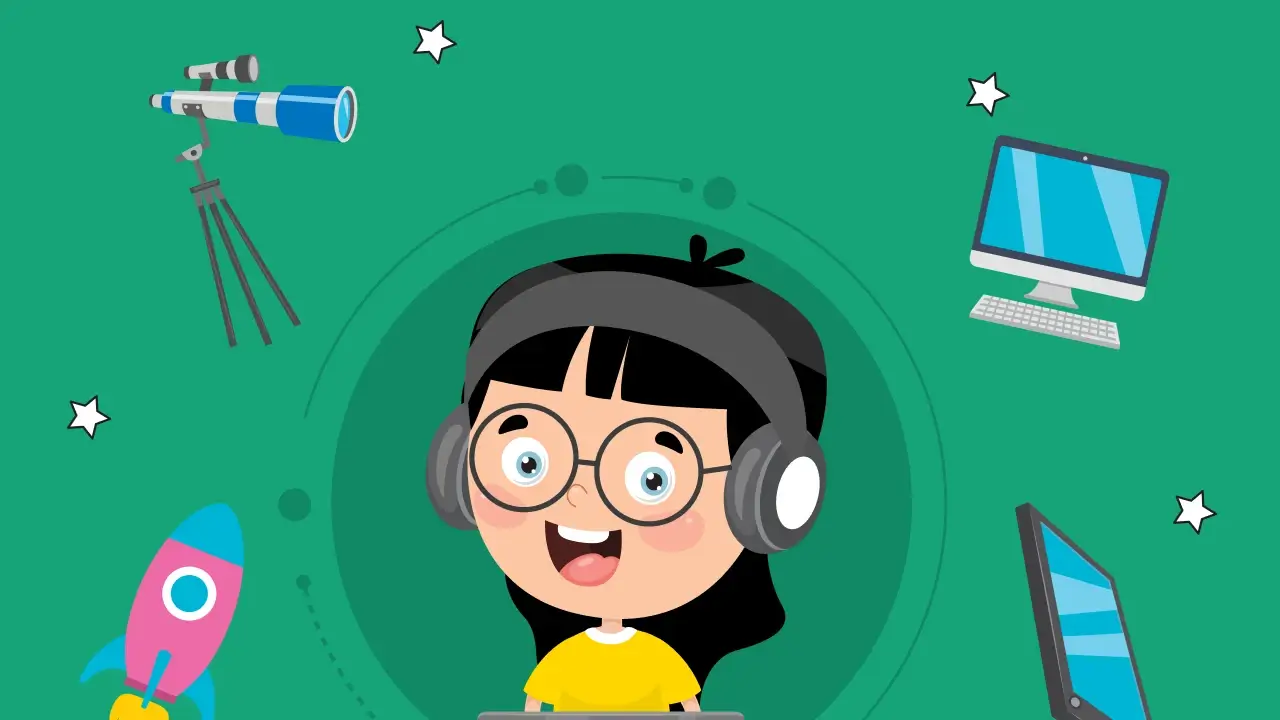
How Does Coding Work?
Coding involves writing instructions in a programming language that a computer can understand and execute. These instructions, known as code, can range from simple commands to complex algorithms, depending on the task at hand.
Diving deeper, computers use binary numbers based on binary systems such as 0s and 1s to communicate information. The position of these binary digits decides the value of the binary numbers. Even though there are more than 9000 coding languages, they are translated into binary code for computers to understand and respond to.
Exploring Coding Languages
There are numerous coding languages, each designed for specific purposes, use cases, and applications. To name a few languages, kids, students, and beginners are increasingly interested in learning to code in languages like JavaScript, Java, HTML, CSS, and Python.
Popular Coding Languages and Their Uses
Languages like Python and JavaScript are widely used in web development. Understanding the strengths and weaknesses of different languages can help you choose the right one for your projects. Some popular coding languages include:
- Python is known for its simplicity and versatility. It is used for web development, data analysis, artificial intelligence, and more.
- JavaScript is widely used for web development. It adds interactivity and dynamic content to websites.
- Java is a powerful and versatile language. It is used for building mobile apps, enterprise software, and web applications.
- C++ is ideal for system programming and game development. It is a high-performance language used in a wide range of applications.
Also Read: Best Programming Languages for Kids
Choosing the Right Coding Language for Your Project
When selecting a coding language, consider factors such as the requirements of your project, your familiarity with the language, and its suitability for the task at hand. The programming languages you choose will vary depending on the platform and operating system you are using. Sometimes, it is the use case, such as interactive games, websites, apps, etc.
Learning to Code
Anyone can learn to code. It is a valuable skill with broad applications across various industries and domains and it is crucial to develop a basic understanding of coding. While coding is more feasible for young learners, it is a fine wine that learners of all groups should taste.
Can Kids and Teens Learn Coding?
Absolutely Yes! Children and teenagers are especially well-suited to learning coding, as it is similar to learning any other language at that age. Their curious minds and natural problem-solving abilities make them excellent learners.
Encouraging young learners to explore coding can ignite their creativity and pave the way for future success. It provides a foundational understanding of technology and prepares young minds for future careers in STEM (Science, Technology, Engineering, and Mathematics) fields.
Also Read | Here’s What Your Child Will Miss Out If They Don’t Learn Coding
Best Resources for Kids Learning Coding: From Bootcamps to Apps
There are a variety of resources available on the internet for kids interested in learning coding, including online courses, coding boot camps, interactive apps, and educational games. These resources cater to different learning styles and preferences, making it easy for kids to find a method that suits them best. The challenge lies in choosing the appropriate learning platform for oneself.
Gamified learning platforms like HackerKID offer a great space to learn coding languages from a young age. Kids can learn to code in a fun-filled way with flexible and friendly online courses. They can also play fun games like Zombieland and Turtle to learn syntax and programming languages. Go on, try it yourself!
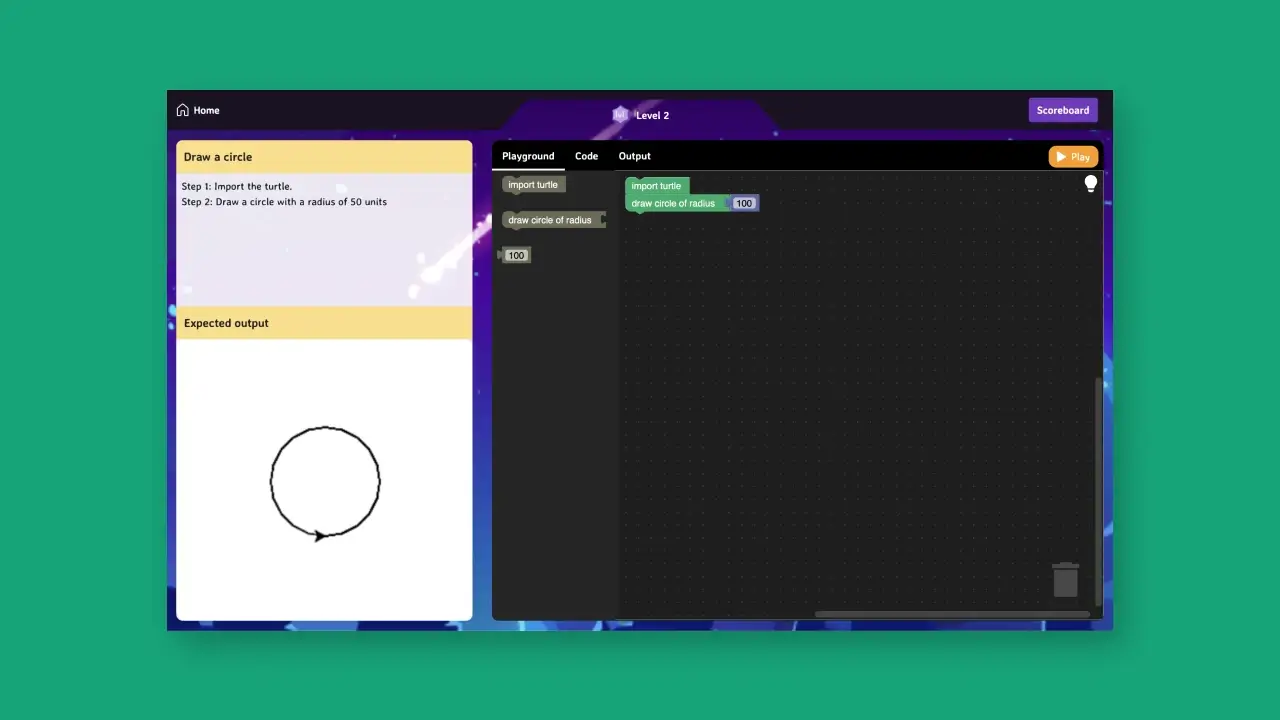
The Benefits of Learning to Code for Kids
As discussed earlier, learning coding is more like learning any other language at the same age. Learning to code kids at a young age can foster critical thinking, problem-solving, and creativity. Let us quickly uncover the benefits of learning to code for kids.
Boosting Problem-Solving and Creativity in Kids Through Coding
By engaging in coding projects, kids learn to break down complex problems into manageable tasks, identify patterns, and develop innovative solutions. These skills are not only valuable in coding but also applicable to various academic subjects and real-life scenarios.
How Early Coding Skills Open Future Opportunities?
Moreover, early exposure to coding can open doors to exciting career opportunities in technology and computer science. As the demand for skilled coders continues to grow across industries, individuals with coding skills are in high demand in fields such as software development, web design, cybersecurity, and data science.
By gaining in-depth knowledge of computer coding, children can explore diverse & innovative career paths for themselves and pursue their passions in the ever-evolving tech industry.

Overcoming Challenges in Coding
Acquiring any new skill comes with its own set of difficulties. The following are some typical obstacles kids might encounter during their learning journey and tips to overcome them.
How do Young Coders overcome Common Coding Challenges?
While learning to code can be a rewarding experience, it also comes with a few challenges. Young coders may encounter difficulties understanding complex concepts, debugging errors, or staying motivated while learning to code. However, by seeking help from teachers, mentors, online courses, and learning communities, young learners can overcome these challenges and build confidence in their coding abilities.
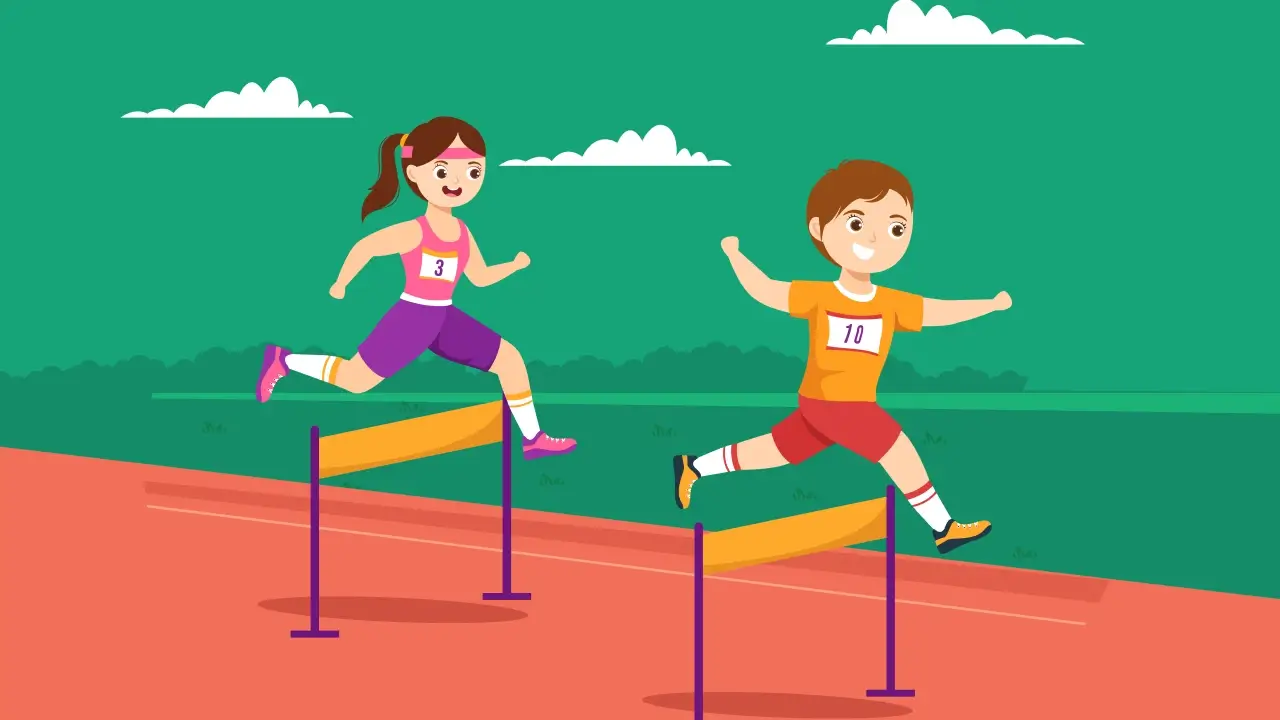
Tips for Parents and Educators to Teach Coding for Kids
Parents and educators play a crucial role in supporting children’s coding journey. By creating a supportive learning environment, providing access to resources, and encouraging exploration and experimentation, parents can empower young learners to develop their coding skills and pursue their interests in evolving technology. Additionally, introducing coding through fun and interactive activities, such as coding games and projects, can make learning enjoyable and engaging for children.
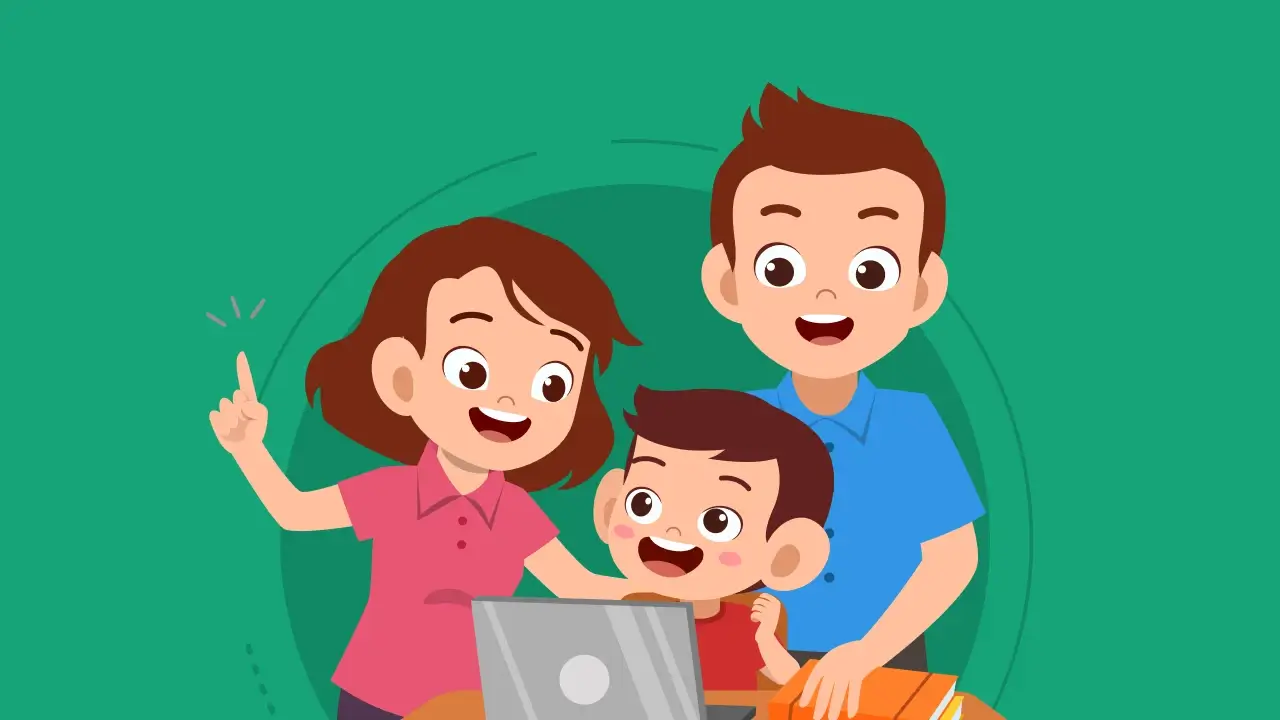
Encourage kids to explore different coding projects and experiment with their ideas. Celebrate kids’ achievements and milestones in their coding journey, whether it’s completing a coding project, solving a challenging problem, or mastering a new concept, call it a celebration! Teach kids that failure is an opportunity to learn and grow and that perseverance and resilience are key traits of successful coders.
Also Read: Step-by-Step Guide on Teaching Coding to Young Kids
Are You Ready for a Tech Challenge?
Skip the ordinary and jump into Buzzer, the interactive MCQ game designed for kids who love computer science and technology! Pick a topic, hit the buzzer, and test your knowledge with thrilling gamified questions. Stay sharp, score high, and claim your spot at the top! Play Buzzer now!
Wrapping Up
Coding is a valuable skill that empowers learners to understand and shape the technology-driven world. Regardless of age and experience, learning to code opens doors to endless possibilities for creativity, problem-solving, and career advancement.
Is your kid interested in building websites, creating games, solving real-world problems, or pursuing a career in technology? Then, learning to code might be an exciting and rewarding journey for them.
So, why not help your kids venture into an intriguing coding journey with us and discover the exciting world of programming? Get started with HackerKID!
Frequently Asked Questions
1. What is coding and how does it work?
Coding is the process of giving step-by-step instructions to a computer in a language it can understand and perform specific tasks. It works by writing lines of code in a programming language that the computer can understand, which are then executed to accomplish tasks.
2. Why is coding considered an essential skill for children?
Coding is considered an essential skill for children because it teaches valuable skills like critical thinking, problem-solving, and creativity, while also preparing them for future careers in technology and related fields.
3. What are some simple coding languages suitable for beginners?
Scratch, Python, JavaScript, C#, and HTML/CSS are some of the simple coding languages suitable for learners who are just starting with coding.
4. How can coding improve problem-solving skills in kids?
Coding improves problem-solving skills in kids by challenging them to break down complex problems into smaller steps, think logically, and come up with creative solutions amidst the obstacles.
5. What resources are available for kids to start learning coding?
Kids can start learning coding from online courses, coding tutorials, coding boot camps, code-based gaming platforms, coding communities, and educational apps.
6. How can parents support their children in learning web design?
Parents can support their children in learning web design by providing access to resources and tools, encouraging creativity and experimentation, celebrating their mini-milestones, and fostering a growth mindset.
7. How does HackerKID make learning coding fun for kids?
HackerKID makes learning coding fun for kids by offering engaging coding games, activities, projects, courses, and challenges that are designed to be both educational and entertaining.
8. What future career paths are available for kids who learn coding?
Kids who learn to code have a wide range of future career paths ahead of them, including software engineering, web development, data science, game development, cybersecurity specialists, and more.


